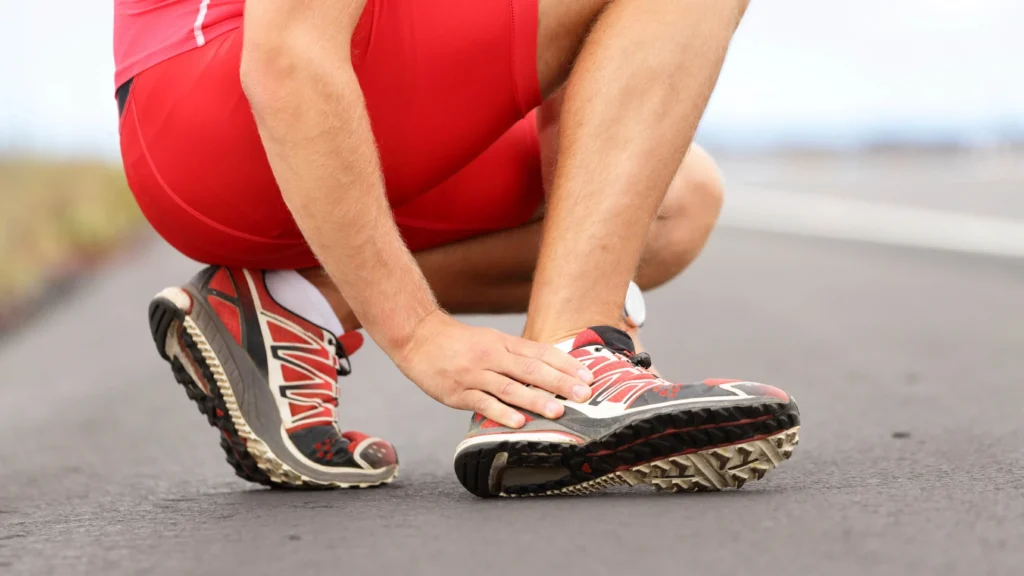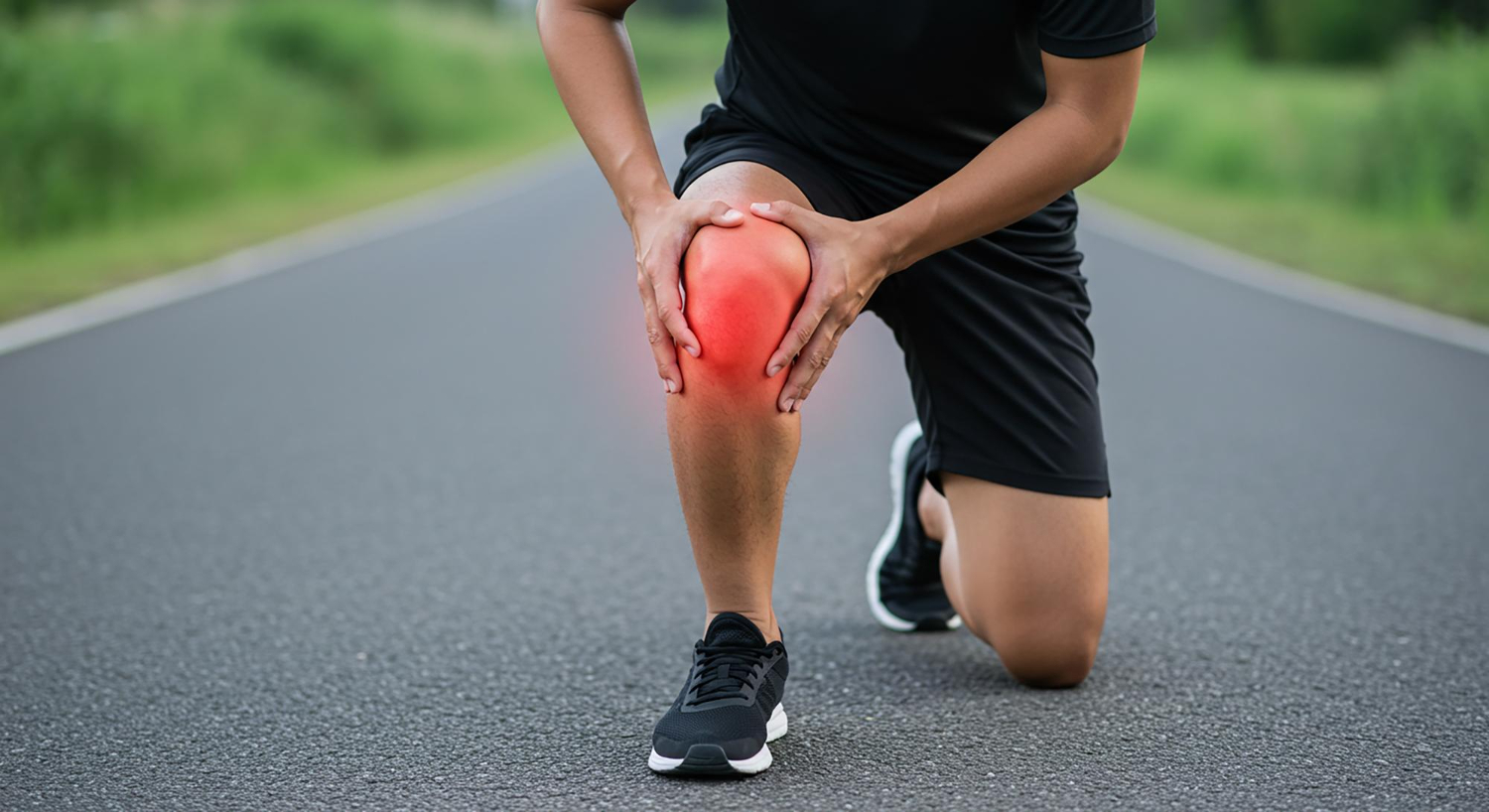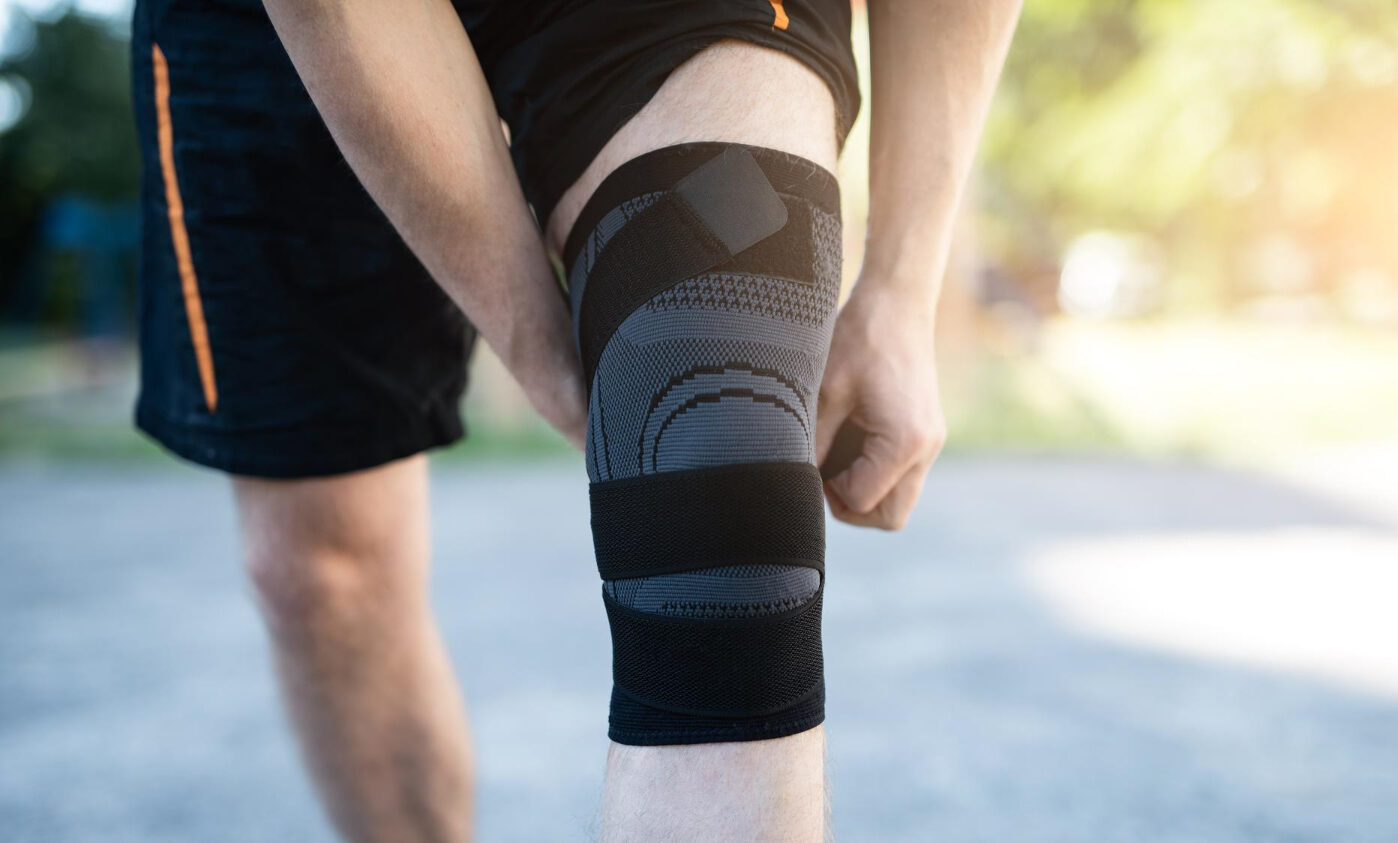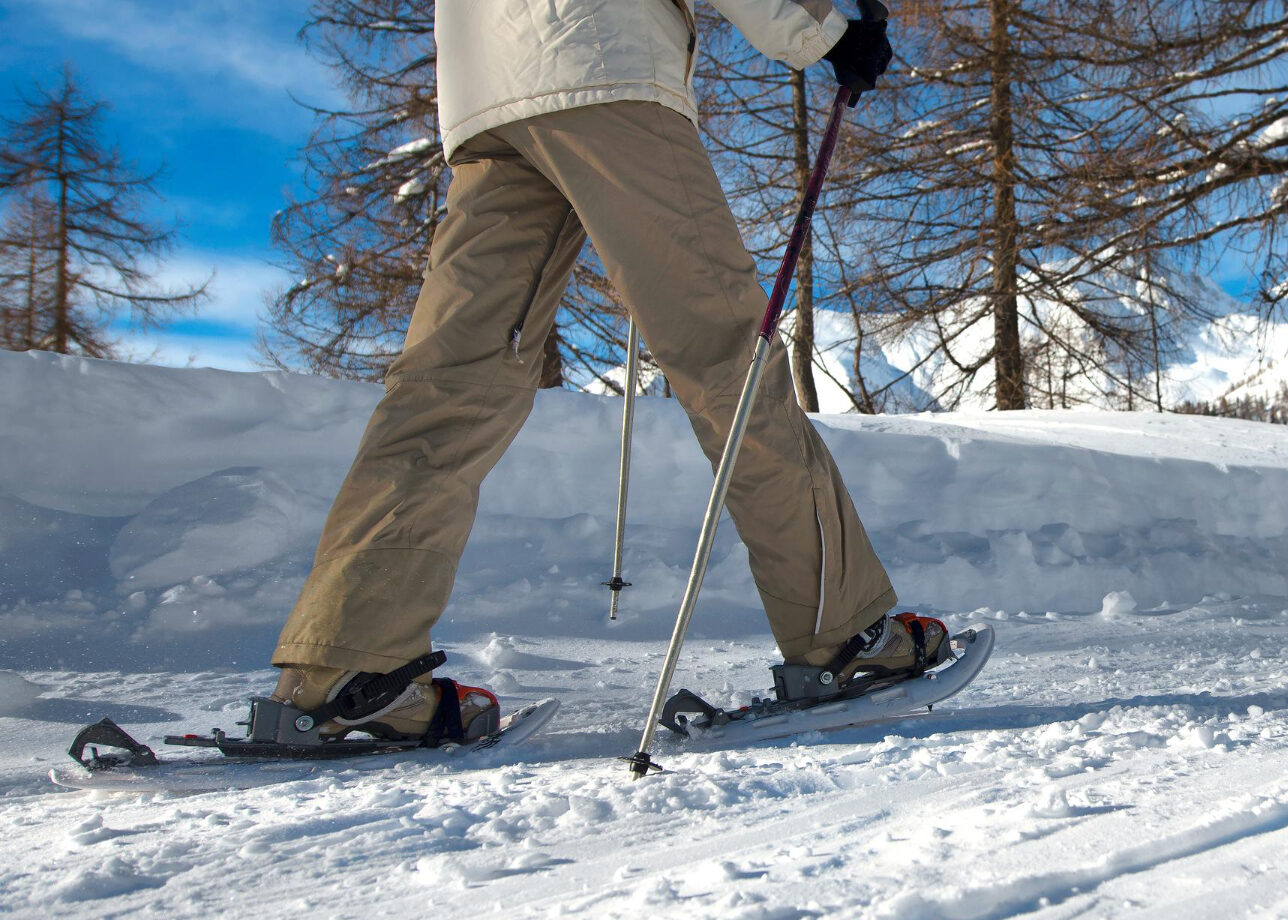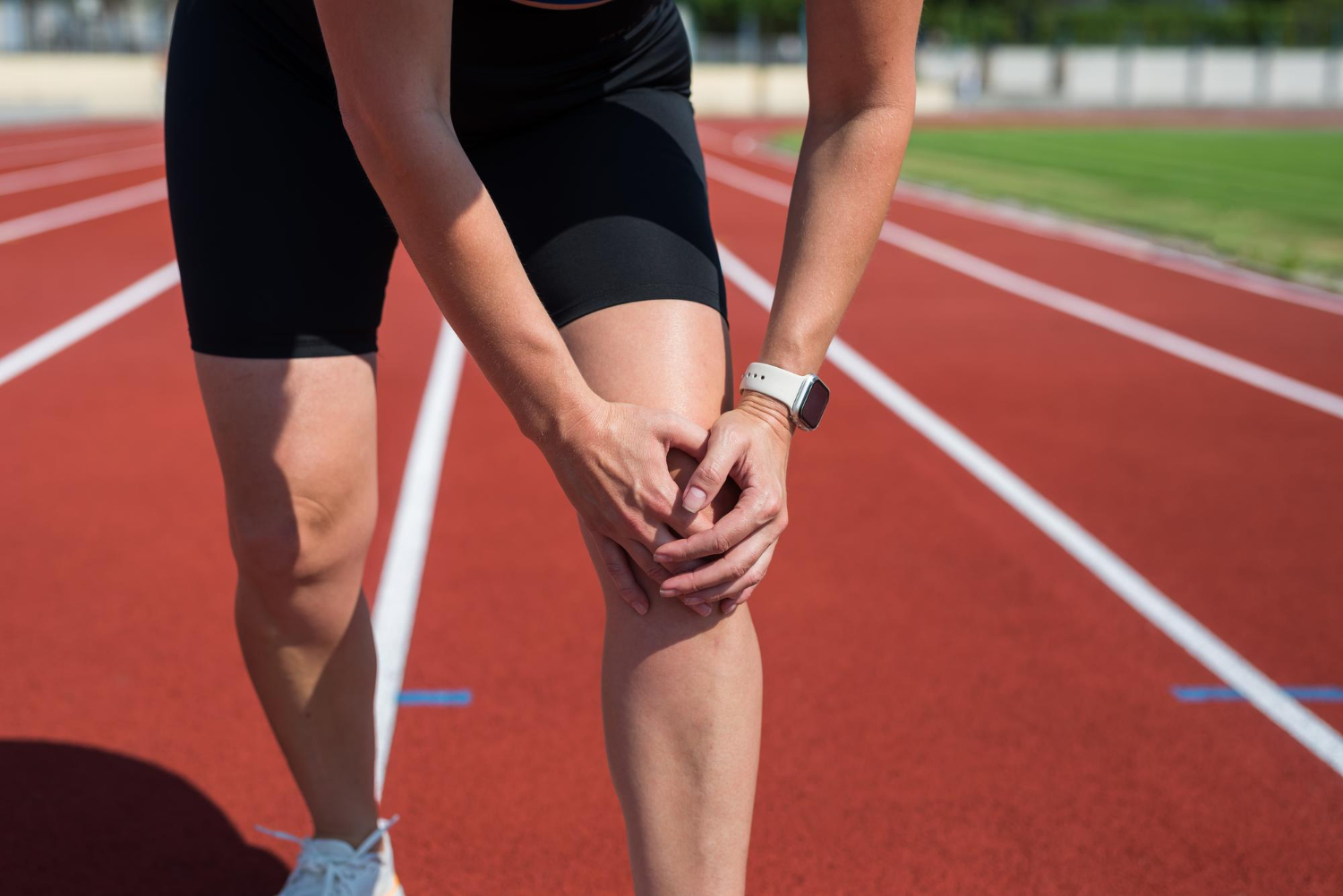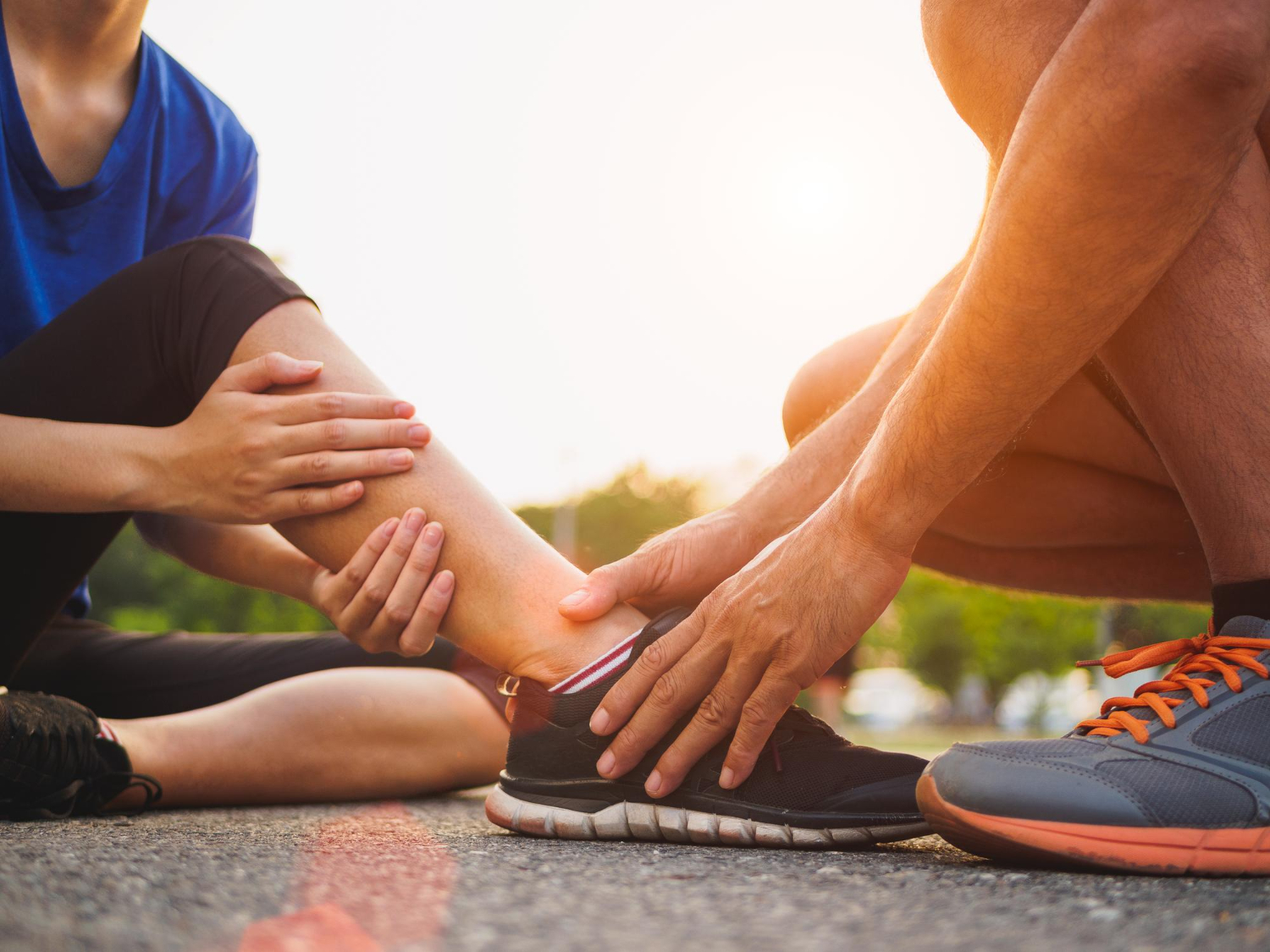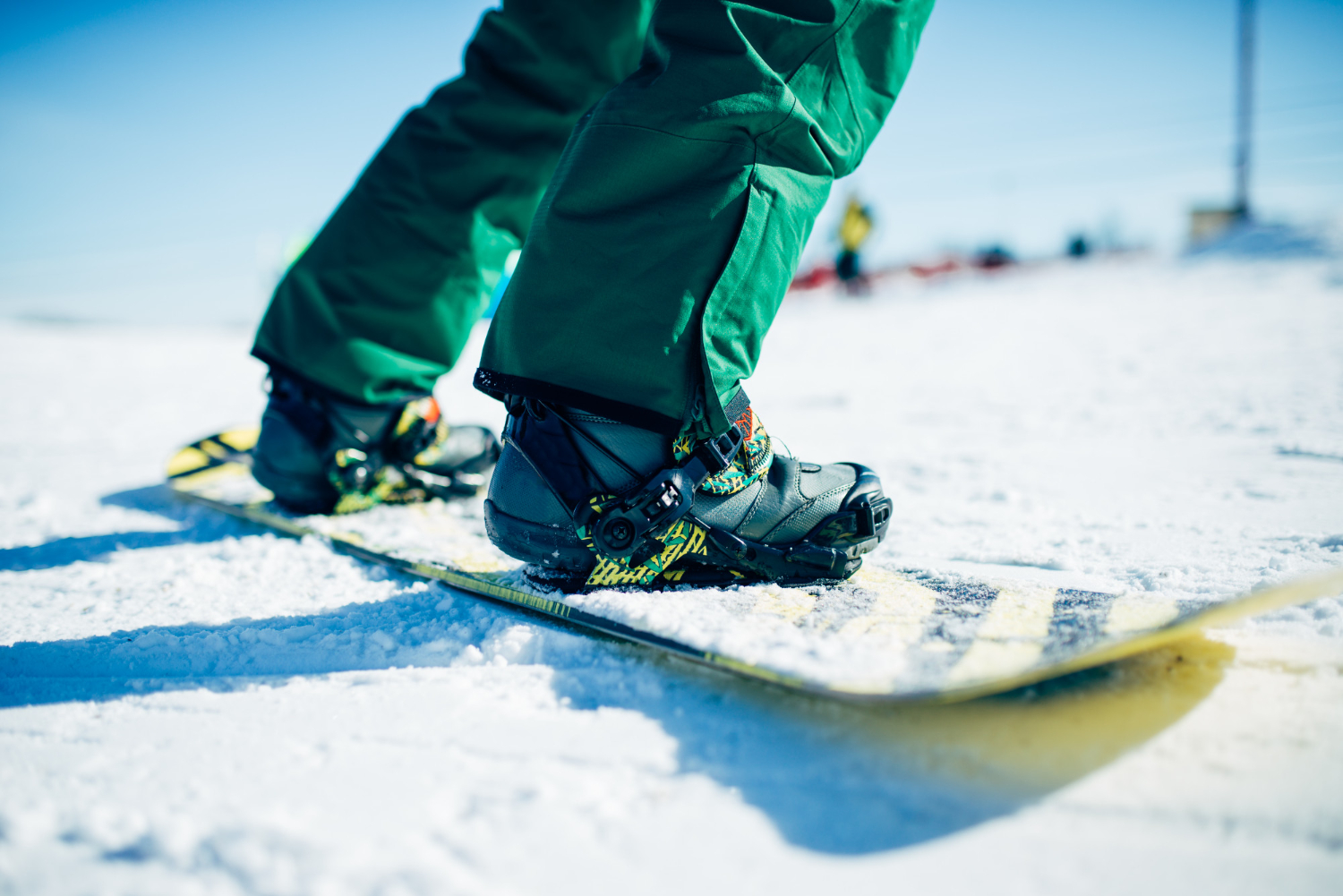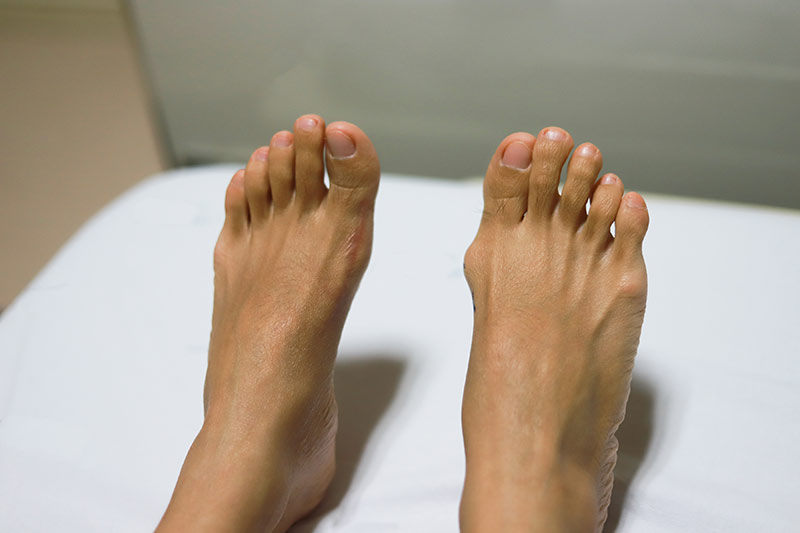That nagging heel pain isn’t just a foot issue, it can set off a chain reaction through your knees, hips, and back.
Key Takeaways:
- Plantar fasciitis is more than just heel pain, it can alter your gait and affect your knees, hips, and lower back.
- Compensating for heel pain often leads to joint misalignment and added strain on other parts of the body.
- Early symptoms include sharp heel pain, especially in the morning or after exercise.
- Ignoring plantar fasciitis may lead to secondary injuries like runner’s knee, hip bursitis, or back tension.
- Proper diagnosis and early treatment can prevent long-term complications.
- The orthopaedic team at TOPS provides holistic care, focusing on foot mechanics and full-body movement.
Heel Pain That Doesn’t Go Away?
If you’ve ever felt a sharp, stabbing pain in your heel, especially in the morning or after a long run, you might be dealing with Plantar Fasciitis. It’s one of the most common causes of heel pain in athletes and active individuals, caused by inflammation of the thick band of tissue (plantar fascia) running along the bottom of your foot.
While it might start off as a small annoyance, ignoring it can lead to bigger problems down the line, not just in your foot, but in other parts of your body.
What Happens When You Compensate
When walking, running, or training with plantar fasciitis, your body automatically tries to shift weight away from the painful heel. You might not even notice it, but this altered gait can throw off your natural movement and put extra stress on nearby joints and muscles.
Let’s break it down:
Foot and Ankle Instability
When heel pain sets in, your natural foot mechanics change.
- You might roll your foot outward (supination) or inward (pronation) to avoid pressure.
- This can lead to ankle sprains, Achilles tendinitis, or even stress fractures in the foot over time.
Knee Pain and Patellar Issues
An altered gait shifts your leg alignment. As a result:
- Your knees may start absorbing force in a way they weren’t designed to.
- Over time, this can lead to patellofemoral pain syndrome (runner’s knee), meniscus strain, or even early joint wear and tear.
Hip and Lower Back Strain
When the lower leg is off balance, the hip and lower back have to compensate.
- Overuse of certain muscle groups can cause hip bursitis, piriformis syndrome, or lower back tension.
- In runners or athletes doing explosive movements, this imbalance can even affect posture and core stability.
Athletes at Higher Risk
Plantar fasciitis is common among:
- Runners and endurance athletes
- Footballers and court sport players
- Individuals with flat feet or high arches
- Those who train on hard surfaces or wear unsupportive footwear
And while it may seem like a minor issue, it frequently sidelines athletes who choose to push through the pain instead of seeking proper care.
When to Seek Help
You shouldn’t have to “just live with it.” See a specialist if:
- Heel pain lasts more than a week
- It worsens with activity or first steps in the morning
- You notice pain starting in your knees, hips, or back
- You’ve changed your training routine or footwear and symptoms worsened
How TOPS Can Help
At The Orthopaedic Practice and Surgery (TOPS), our specialists assess not just the foot, but the entire kinetic chain. We look at how your body moves and identify areas where joint stress or gait changes might be putting you at risk for further injury.
Treatment may include:
- Customised insoles or orthotics
- Physiotherapy and gait retraining
- Shockwave therapy or other non-surgical interventions
- Minimally invasive surgical options, if conservative treatment fails
Don’t Wait for the Pain to Move Up
Your heel pain might seem isolated, but the longer it goes untreated, the more it can disrupt your body’s alignment and performance. Early diagnosis and treatment can help you stay active, and prevent a simple foot issue from becoming a full-body setback.
Still Dealing with Heel Pain?
Let’s keep you moving pain-free, from your feet all the way up.
- Book a consultation at TOPS today
- WhatsApp us at +65 8218 5638
- Book your Appointment

